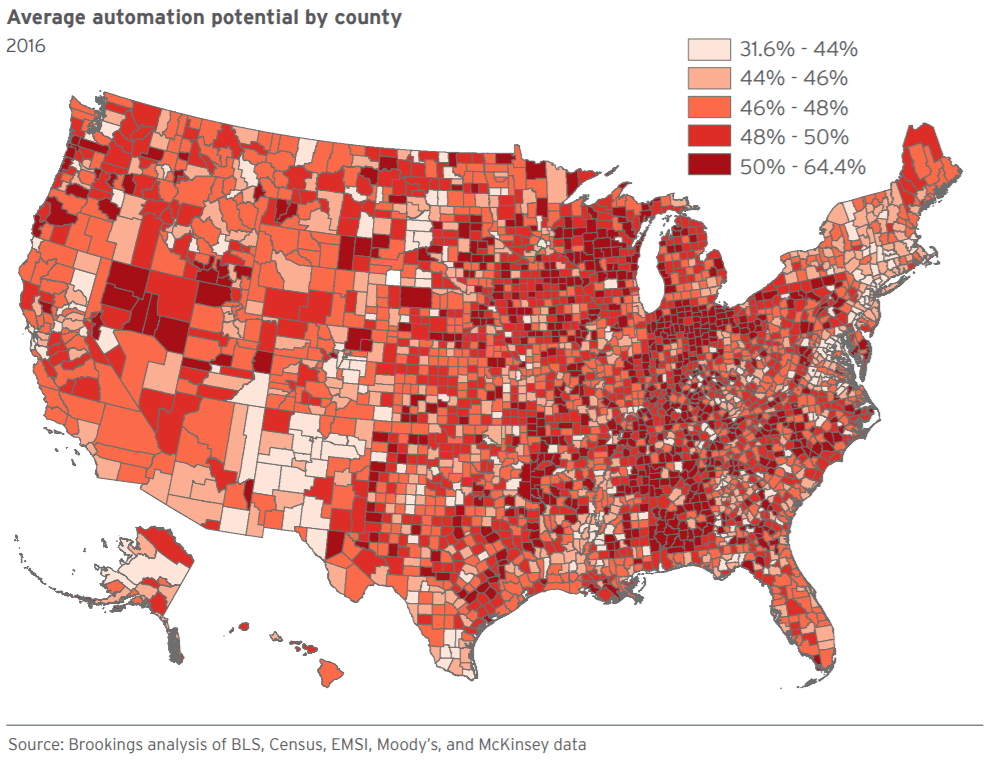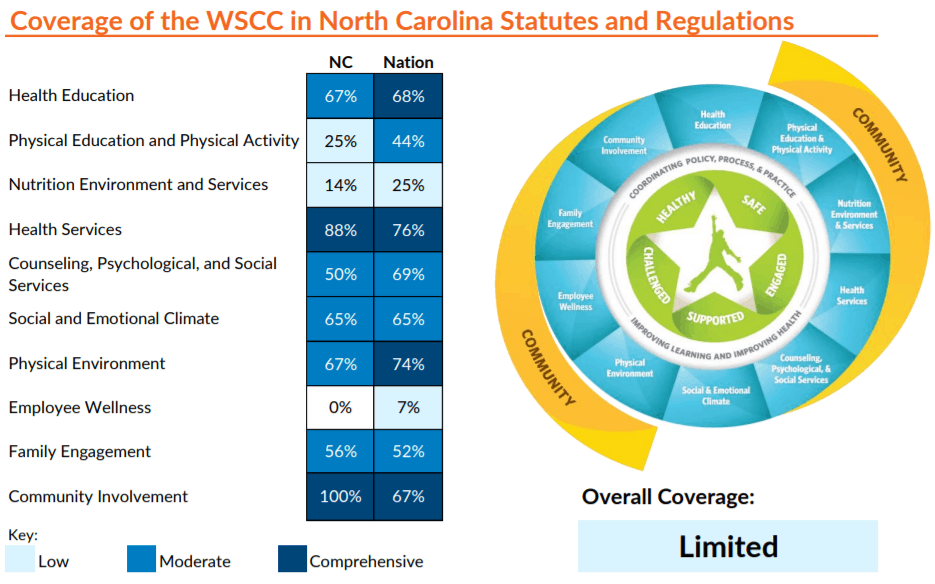Need to Know: Announcing the People’s Session
Lots of folks come to Raleigh when the legislature is in session with an agenda. Legislators. Lobbyists. Advocacy groups. We want to understand your agenda for education in North Carolina. The issues that keep you up at night. Issues that leave you everything from angry to hopeful. We believe the future doesn’t just happen to us. We believe your voice can shape the direction of our state. Join us.
Dropping Knowledge
The Brookings Institute released a new report looking at the impact of automation and artificial intelligence on jobs and making policy recommendations to address these impacts. The report is extensive, but I recommend spending some time going through it. Perhaps unsurprisingly, the report states that non-routine jobs are most at risk of automation whereas jobs requiring higher education and jobs in health care and personal service are less at risk.

A few important findings:
- States in the American Heartland are more at risk of automation than others given the focus on transportation and manufacturing in those states.
- Men, young people, and underrepresented communities are most at risk of job displacement because they are more likely to have jobs in transportation, agriculture, and construction — all jobs with high risks of automation.
Of their policy recommendations, a few stuck out to me as most relevant for North Carolina:
- Invest in reskilling incumbent workers
- Expand accelerated learning and certifications
- Make skill development more financially accessible
For Your Consideration
Child Trends released a report yesterday analyzing state policies to support student wellbeing. The report analyzes state policy on several aspects of wellbeing, including: health education, physical education, nutrition environment, health services, counseling and social services, social and emotional climate, physical environment, employee wellness, family engagement, and community involvement. Scroll to page 171 of the report to see how North Carolina scores on all of these aspects.
The report uses the Whole School, Whole Community, Whole Child (WSCC) framework developed by the Centers for Disease Control and Prevention. Here is how North Carolina laws rank compared to the rest of the nation.

What we're reading
The First Amendment Keeps the “Social” in Government Social Media
Can a government social media account block a follower or comment? Read about the latest legal developments in free speech and government social media. ... Read the rest-
New early-college high school to pair students with neuroscientists
-
The Generation of Grandparents Who Keep Their Grandchildren Afloat
-
Opioid Money Has Helped, But States Want More
-
Republicans and Democrats are taking early education more seriously
-
The Cost of Self-Driving Cars Will Be the Biggest Barrier to Their Adoption
-
Rural people with disabilities are still struggling to recover from the recession


